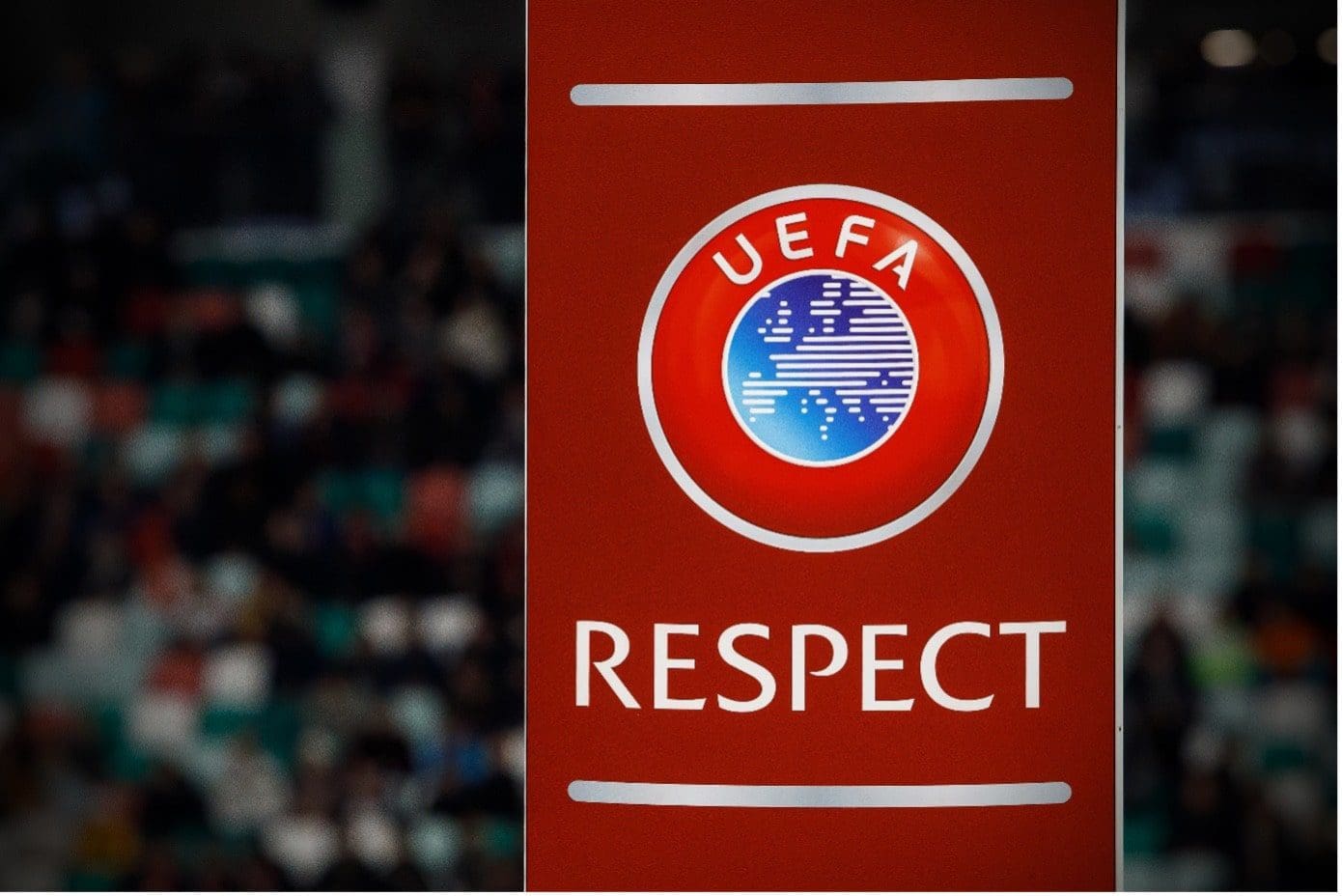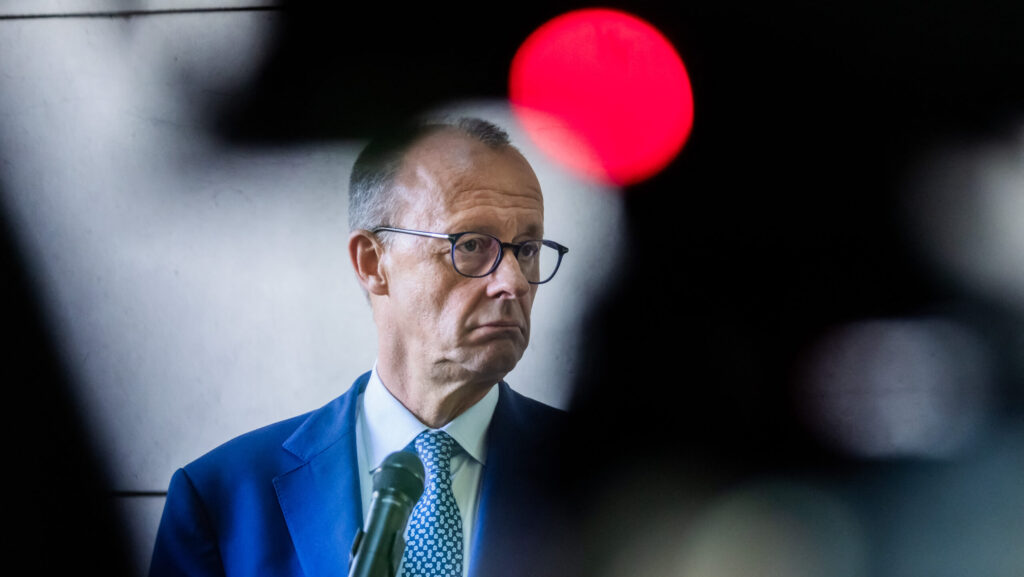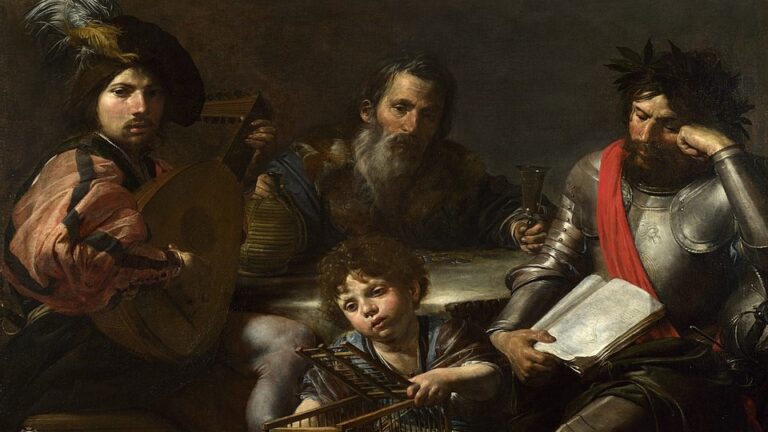Over the past decade, the fair play represented by the Union of European Football Associations became strongly intertwined with political and ideological influences. Campaigns against racism and the prohibition of any such behaviour on football fields are more than welcomed, but if the racist classification is to be applied to everything, a harmful system may emerge. For ideological reasons, it is unfortunate to infiltrate football because it can lose its true value and ruin a game that billions of people are passionately playing and watching all around the world.
Football fans are serious about the sport, and the club itself; it is really a way of life for them. Fans do not attend matches to behave aggressively and violently, but rather they want to support their team. The media tends to confuse football hooliganism with supporters. This is a detrimental mainstream media activity as it does reinforce the pre-conceived notion in society that football fans are associated with vandalism and obscenity.[1]
“Say no to racism,” is UEFA’s message at football events it hosts, such as the Champions League. This campaign has been going on for more than a decade and is one of the main messages of European football. With the decline of football hooliganism, UEFA has set the elimination of discrimination on its flag, both on the football field and in the stands. The system they have developed does not seem to be working consistently and fairly as people perceive it in other marketing campaigns.
During the European Championship held in the summer of 2021, a number of negative judgments were handed down to the supporters of the Hungarian national team. Hungary hosted four football matches at the Puskás Arena in Budapest, and the national team played twice in the stadium. The team played the first match against Portugal and the second one against France. The atmosphere created by the fans was excellent in both matches, but here, too, there were shouts and reactions that do not belong to stadiums. Hungary’s match against Germany was held in Munich, where there were also inappropriate forms of behaviour on behalf of the visiting fans. Proceedings were initiated against Hungary based on these three matches. The decision was made in less than a month: the Hungarian national team was sentenced to three closed-door matches, one of which was suspended for two years. The Hungarian Football Association was also ordered to pay 100,000 euros.
UEFA’s further actions are controversial in relation to other major national teams
At the England-Denmark match in July, proceedings were brought against the English Football Association over the behaviour of the English fans. The decision was made quickly, imposing a fine of 30,000 euros. The accusations were as follows: use of laser pointer by English supporters, disturbance caused by English supporters during the national anthems, lighting of fireworks by English supporters. At the England-Italy EC final on 11 July—held at Wembley Stadium—there were even more serious incidents on the part of English fans. The UEFA investigation concluded that the following acts were committed by English supporters: invasion of the field, throwing of objects, disturbance caused during the national anthem, lighting of a firework. Since the investigation began in July, they have not been able to make a decision after several months.[2]
The use of such double standard by the UEFA could reach a much more blatant level in the coming years should the system and inconsistency of judgments remain the same. This might result in increased resentment towards UEFA and also the selected national teams and clubs.
The mass media whether intentional or not is similarly inconsistent. This is supported by a recent case. The Czech club Sparta Praha has been forced into a closed-door match in the Europa League against the Scottish Rangers FC for a previous sanction. However, the UEFA allowed the home team to fill the empty seats in the stadium with children under the age of 14. After the match, part of the British press accused these children of racist manifestations as they booed at several times from their stands when Glen Kamara, a Finnish player of Sierra Leonean descent, was in possession of the ball. It has to be noted that saying boos in football stadiums is a natural phenomenon that fans are entitled to do irrespective of any skin colour, identity, ethnicity of the player in question. Unfortunately, much of the press is going in a particularly dangerous direction by stamping children with a racist flag because they simply do not have the ideology or even any idea of what racism is really about at such an age. Kamara was booed during the match because Ondrej Kudela (another Czech player) received in March a ten-match long ban because the UEFA Control Ethics and Discipline Board found him guilty of being racist against a black player. To sum it up, the reason of the boo was the loss of one of the fans’ favourite player, not any other discriminatory reason.[3]
The real question is what the consequences of using excessive and improper sanctions will be. Destroying the atmosphere in the stadium should not be the goal of the Association, but by doing so, what they achieve is stigmatizing people who love football. It would be advisable to punish guilty individuals rather than collectively sanction the entire fanbase.
[1] Kiss, András: “Elszabadult érzelmek vagy tudatos agresszió? A futballhuliganizmus pszichológiája.” In: Nemzeti Sport, 2021.01.28., https://www.nemzetisport.hu/minden_mas_foci/elszabadult-erzelmek-vagy-tudatos-agresszio-a-futballhuliganizmus-pszichologiaja-2548837 (2021.10.07.)
[2] Disciplinary matters updates. In: UEFA.com, https://disciplinary.uefa.com/updates/ (2021.10.07)
[3] “A brit sajtó most cseh gyerekeket illet rasszizmus vádjával”. In: Mandiner, 2021.10.03., https://mandiner.hu/cikk/20211003_a_brit_sajto_most_cseh_gyerekeket_illet_rasszizmus_vadjaval (2021.10.08.)





